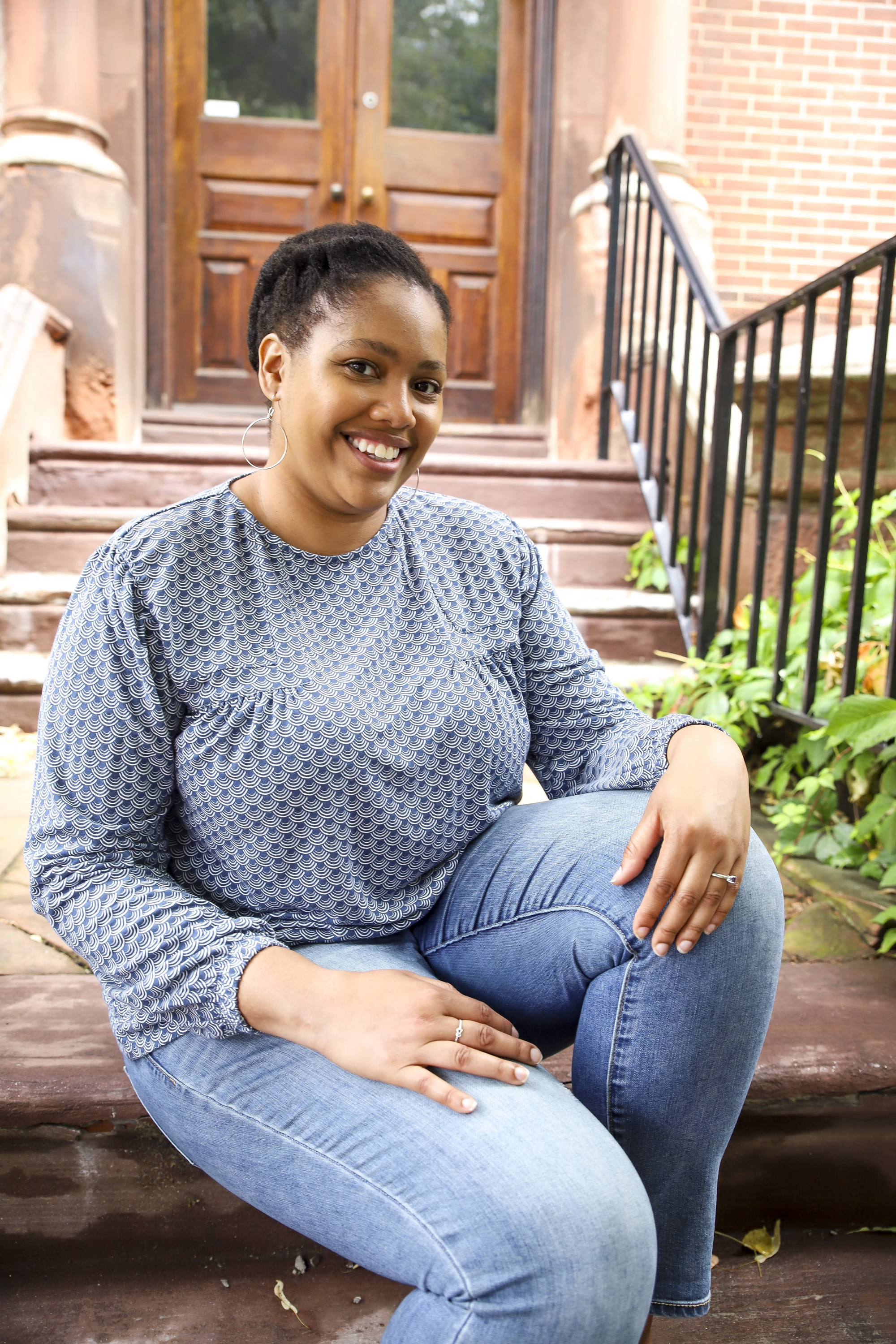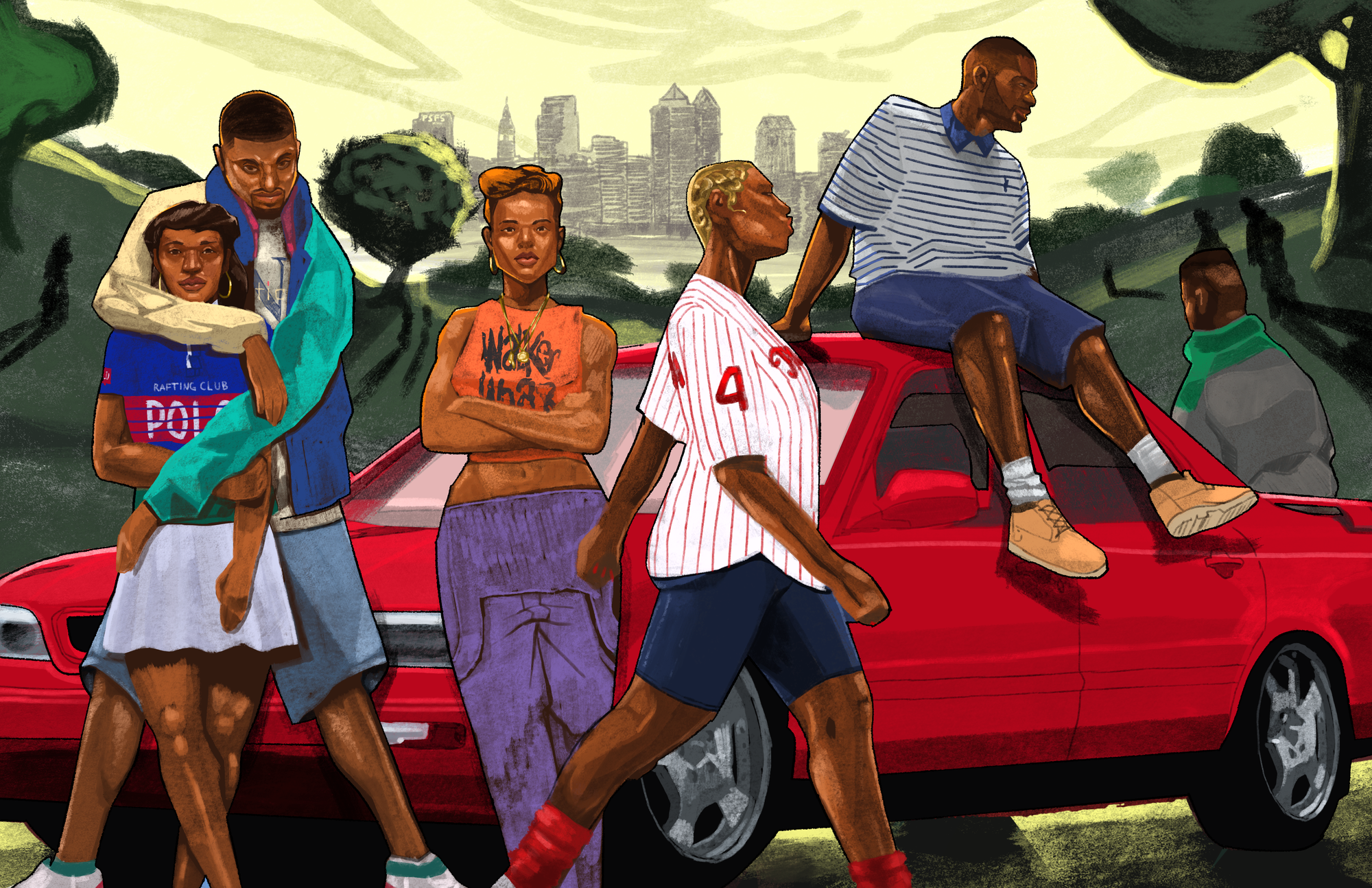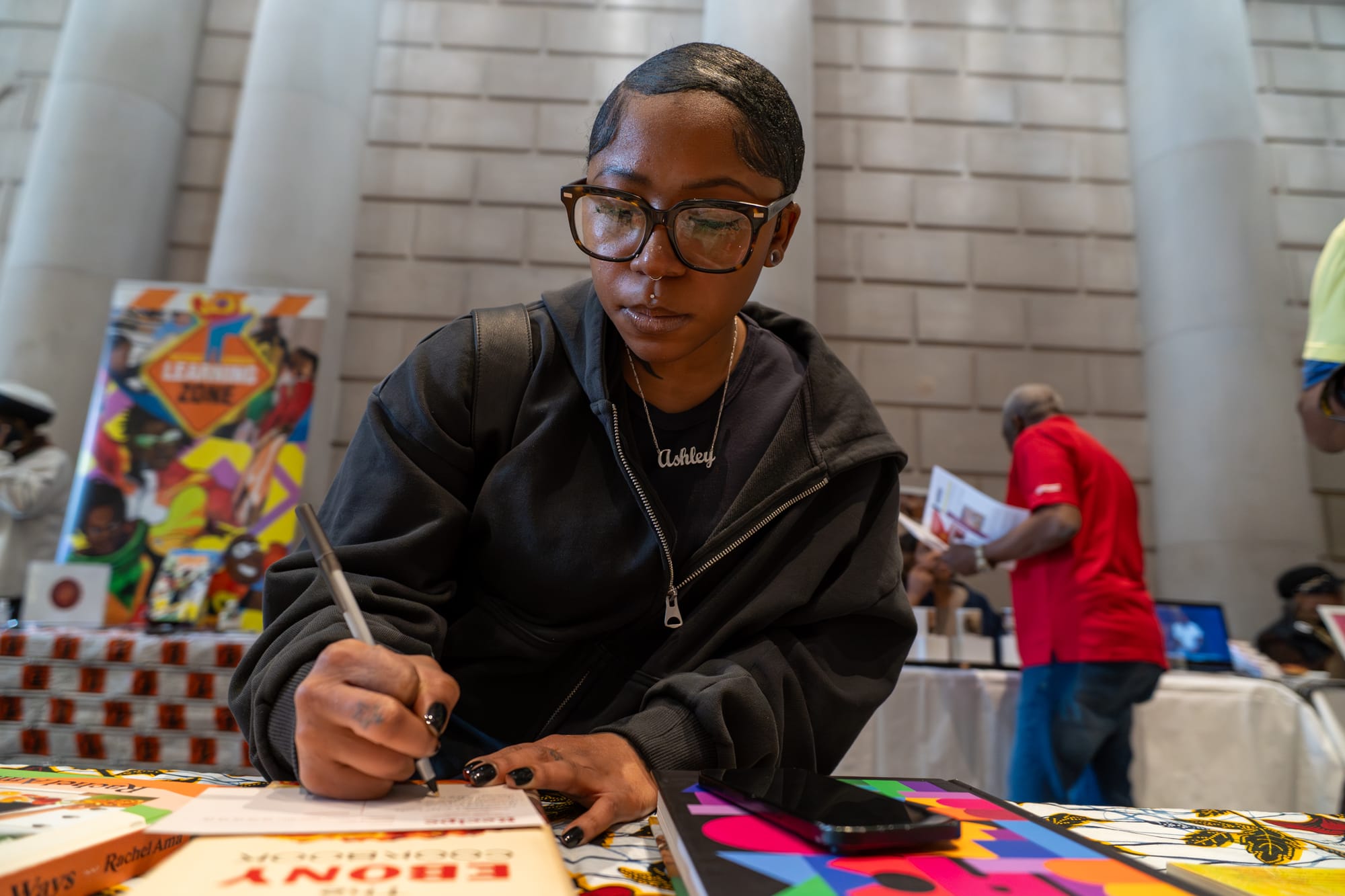Black Composers, Black Principal Musicians, Black Excellence
It's not every day that people can experience a concert of just principal musicians. It is even rarer to have Black men as principal musicians.
It's not every day that people can experience a concert of just principal musicians. It is even rarer to have Black men as principal musicians. Even rarer when some of the music to be performed by those musicians is by living Black composers. So when the Philadelphia Chamber Music Society announced a concert and live recording of four Black male principal musicians, tickets were almost immediately sold out.
The musicians included Demarre McGill playing the flute, Titus Underwood playing the oboe, Anthony McGill playing the clarinet, and Bryan Young playing the bassoon. Each of these musicians is a world-class performer in their own right. Each are principal musicians in their own orchestras; Demarre McGill is the principal flutist in the Seattle Symphony, Underwood is the principal oboist in Nashville Symphony Orchestra, Anthony McGill regularly appears as the top clarinetist for many orchestras, including the New York and Los Angeles Philharmonics, and Young is the principal bassoonist in the Baltimore Chamber Orchestra. Each comes with awards and accolades. Each comes with great experience and immense talent.
The concert featured the music of James Lee III, Errollyn Wallen, and Valerie Coleman, along with the music of Heitor Villa-Lobos. Lee and Wallen were both in attendance for the performance.
Wallen, a British composer and the first Black woman ever named Master of the King’s music, says she writes her music for the sake of music. “When I'm writing music, I'm writing to sort of just the glory of writing for instruments, people, expression. So, it’s music as music for me.”
Lee, on the other hand, wants to transport people in his composition. “I always think about how the music can reach to the inner soul,” says Lee, “and individual really transport them to this other kind of world, that is different than a current reality, to have this this type of hope and expression where they were looking forward to an existence that we all pain and suffering and all these negative attributes of humanity are really finally put away.”
This concert experience felt like history being made. The packed Perelman Theater of the Kimmel Center felt more reverent than revelatory. The opportunity to enjoy the live recording of Black composers played by four incomparable Black musicians felt sacred. It was an honor to behold and an audible treasure never to forget.




